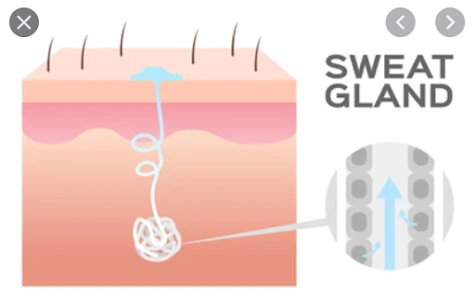What body organs form the excretory system?
Waste substances produced by cells need to be eliminated from the blood. Carbon dioxide is released through the respiratory system. Other types of waste substances are eliminated in urine.
The kidneys are the main organs responsible for removing waste substances from the blood. The kidneys are connected to the urinary tract by two tubes called ureters. The ureters connect to the bladder, which has a small tube at its base called the urethra.
How are waste substances eliminated?
Renal arteries carry waste substances in the blood to the kidneys. Inside the kidneys, tiny tubes filter the blood. Waste substances are removed and clean blood enters the renal vein.
Waste substances mix with water inside the kidneys to become urine. The urine passes down the ureters into the bladder. Once the bladder is full, we expel urine from the body through the urethra.
What are the sweat glands?
The sweat glands play an important role in regulating the temperature of the body. When sweat evaporates from our skin, we cool down.
Thousands of sweat glands are located under our skin. There are more under our armpits and on the soles of our feet.
Sweat glands also play a role in excretion.
• They filter out the waste substances that have collected in the blood.
• The waste substances are mixed with water to form sweat.
• The sweat is released through the pores in the skin.













No hay comentarios:
Publicar un comentario
Nota: solo los miembros de este blog pueden publicar comentarios.